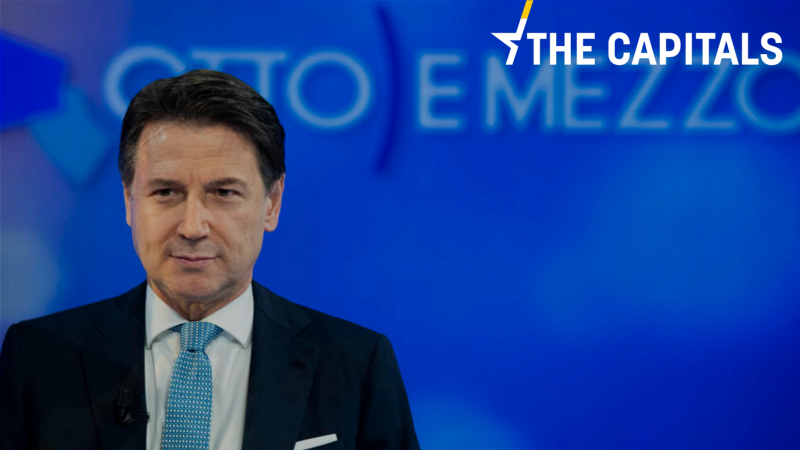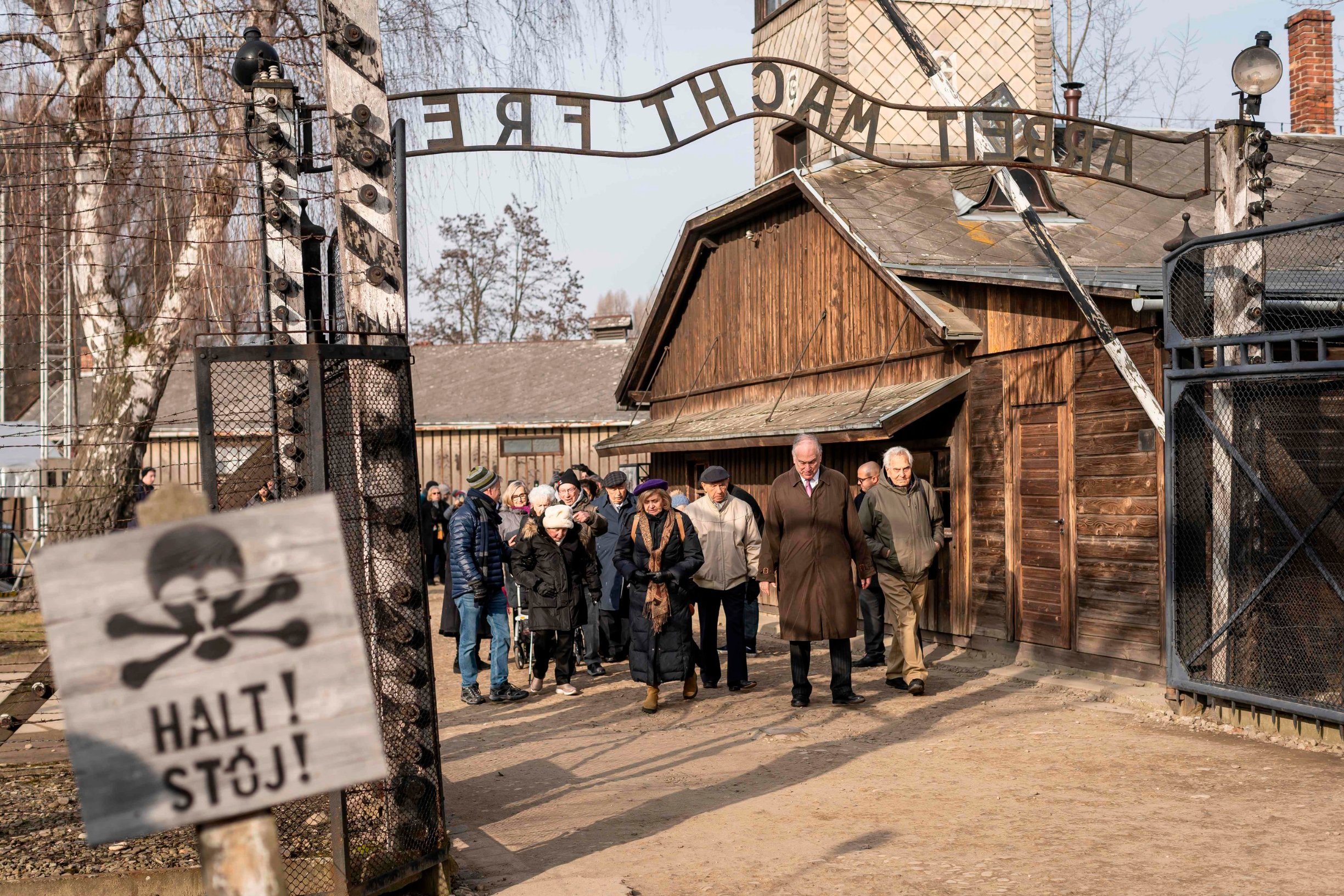
Every step along the train tracks that brought over a million men, women and children to a horrific death, is a heart-wrenching reminder of humanity’s devastating failure to prevent the mass extermination of innocents on such an inconceivable scale. And of the great responsibility we all bear to ensure it never happens again. On the monument, the inscription reads: “For ever let this place be a cry of despair and a warning to humanity.”
This year marks the 75th anniversary of the liberation of Auschwitz. In Europe and beyond, a plethora of commemoration events are taking place – an important occasion to pay tribute to the six million Jews and the many others murdered by the Nazis because of their ethnicity, identity or belief. An occasion to reflect on the Shoah, and its repercussions for our societies to this date.
An occasion to say: we remember.
Yet remembrance alone is not enough. On 23 January, at the World Holocaust Forum in Jerusalem, the Presidents of European Commission, the European Council and the European Parliament sent a resounding message: “All European Union Member States stand united in the determination that any form of racism, antisemitism and hatred have no place in Europe and we will do whatever it takes to counter them.”
Europe has already done a lot. 16 EU Member States have already endorsed the International Holocaust Remembrance Alliance’s working definition of antisemitism, a vital common basis for identifying and addressing the phenomenon in all its forms.
Still, there is no room for complacency. Anti-Jewish incidents are unfortunately on the rise. In a recent survey amongst European Jews, every third person reported having been subject to harassment when wearing or displaying items in public that could identify them as Jewish.
The shootings in Halle and Brussels are a crushing reminder that, 75 years after the Holocaust, antisemitism continues to cost lives and tear at the very fabric of our societies. Because when a gunman opens fire in a synagogue on Yom Kippur, or in a museum at the heart of the European capital, this is not an attack against the Jewish community alone. It is an attack on us all. On our fundamental values and principles. On the unity, diversity and cohesion of our societies. On all that constitutes our European way of life.
As a native of Thessaloniki, I am deeply conscious of the immense contribution of Jewish culture to our European heritage. And of the harrowing aftermath of the Holocaust upon a city that was once a thriving centre of Sephardic Jewish life – known as “Madre de Israel” thanks to its Ladino-speaking community.
Under my responsibility, the European Commission has set up a dedicated team on combating antisemitism, to assist and coordinate the efforts of all Member States towards developing comprehensive national strategies: from fighting hate crime and hate speech, to the protection and integration of Jewish communities, to education and awareness-raising.
Security remains the number one concern of Jewish communities. And we are working towards completing an EU Security Union in which each and every European feels safe and protected – irrespective of their faith, origin, or place of residence. We will continue to support Member States’ measures to prevent radicalisation, combat hate speech online and guarantee the physical security of Jewish communities. Synagogues, community centres, schools and universities should be places where Jewish culture is respected, studied and celebrated – not attacked.
In parallel, we need to step up our efforts in the field of education, the most powerful tool at our disposal to prevent antisemitic incidents in the longer term. We need to teach our children, inform our citizens, train our law enforcement and judicial staff about the Shoah and about the modern forms of antisemitism. The role of schools and an ambitious, inclusive education agenda can be pivotal in changing perceptions and attitudes. Here again, European Union programmes on student mobility and research can offer valuable support to Member States’ strategies.
Finally, we have to recognise that antisemitism is not just a European problem. It requires a global response, and to this end the European Union has to join forces with all those – countries and international organisations – ready to stand up for human rights, for our values of equality, pluralism, diversity and the freedoms of religion and expression.
On Monday 27 January, alongside Holocaust survivors and political leaders from across the world, I will be walking the distance from the Gate of Death to the Birkenau monument on behalf of the European Union, to honour those who perished on these grounds and the millions more who have suffered and continue to be threatened by the scourge of antisemitism.
It is our duty. Not just to remember, but to speak up and act.
Margaritis Schinas is the Vice-President of the European Commission for Promoting our European Way of Life. His responsibilities include the coordination of efforts to combat antisemitism.






Komentari
0